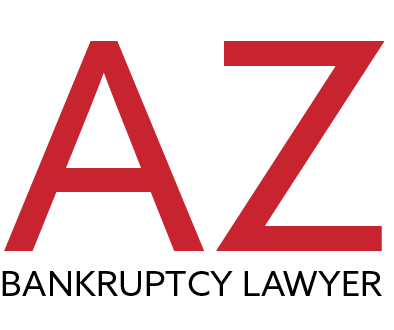Whistleblowers are people with a strong sense of integrity, who are motivated to come forward about wrongdoings they are witnessing at their workplace. By law, whistleblowers are protected from harsh treatment by their employer for bringing to light workplace misconduct. But what happens if a whistleblower endures retaliation for doing the right thing? As a whistleblower lawyer from Eric Siegel Law explains, here are signs that it may be time to get a lawyer to protect you from further retaliation, while holding your employer accountable for their unlawful conduct:
You have been left out of meetings or training.
Sadly, the silent treatment from peers may not halt after grade school. Coworkers and supervisors alike may intentionally exclude someone from meetings, training, conversations, or get-togethers after work. If you notice that each of your coworkers are in a meeting, but you were not asked to be there, this may be a clue that you are being left out on purpose. Employers cannot treat an employee badly for whistleblowing on the company. Whistleblower claims are handled confidentially, but an employer may suspect that a certain employee came forward and then will treat them adversely because of it.
You were moved to a different department or shift.
Another tactic of retaliation is moving an employee to another department or switching their shift. Sometimes employers mix up the schedule, or employees want to be moved to another department or role, but when it’s done with malice that is another story entirely. For instance, you may have been given a set number of hours consistently over the course of time with the company, but then after filing a whistleblower claim, you have suddenly had your hours cut or schedule changed in a way that impacts your home life obligations and earnings.
You were passed over for a deserved raise or promotion.
Let’s say you applied for a promotion internally with the company and your supervisor gave you a recommendation that glows without a doubt. And the department you will be working at has basically made you feel like the job is yours. But then maybe you filed a complaint as a whistleblower or through your human resources department. The next thing you hear, someone with much less qualifications than you has been chosen to receive the promotion instead. Your supervisor may be giving you the cold shoulder when asked why this decision was made, but ultimately, it may be retaliation that is the culprit.
You are encountering bullying and harassment.
After filing a whistleblower complaint, it is not uncommon to endure harassment and bullying from those you work with. For example, if you filed a complaint about discrimination in the workplace, other people may treat you like you made it up or that you are a disgruntled employee who is just trying to get back at the company somehow. You may also have to deal with tactics of intimidation, such as hearing from your boss that you will be fired if you continue to stand by your claims against the company. Or you may receive anonymous notes, emails, or voicemails that advise you to drop your complaint.

